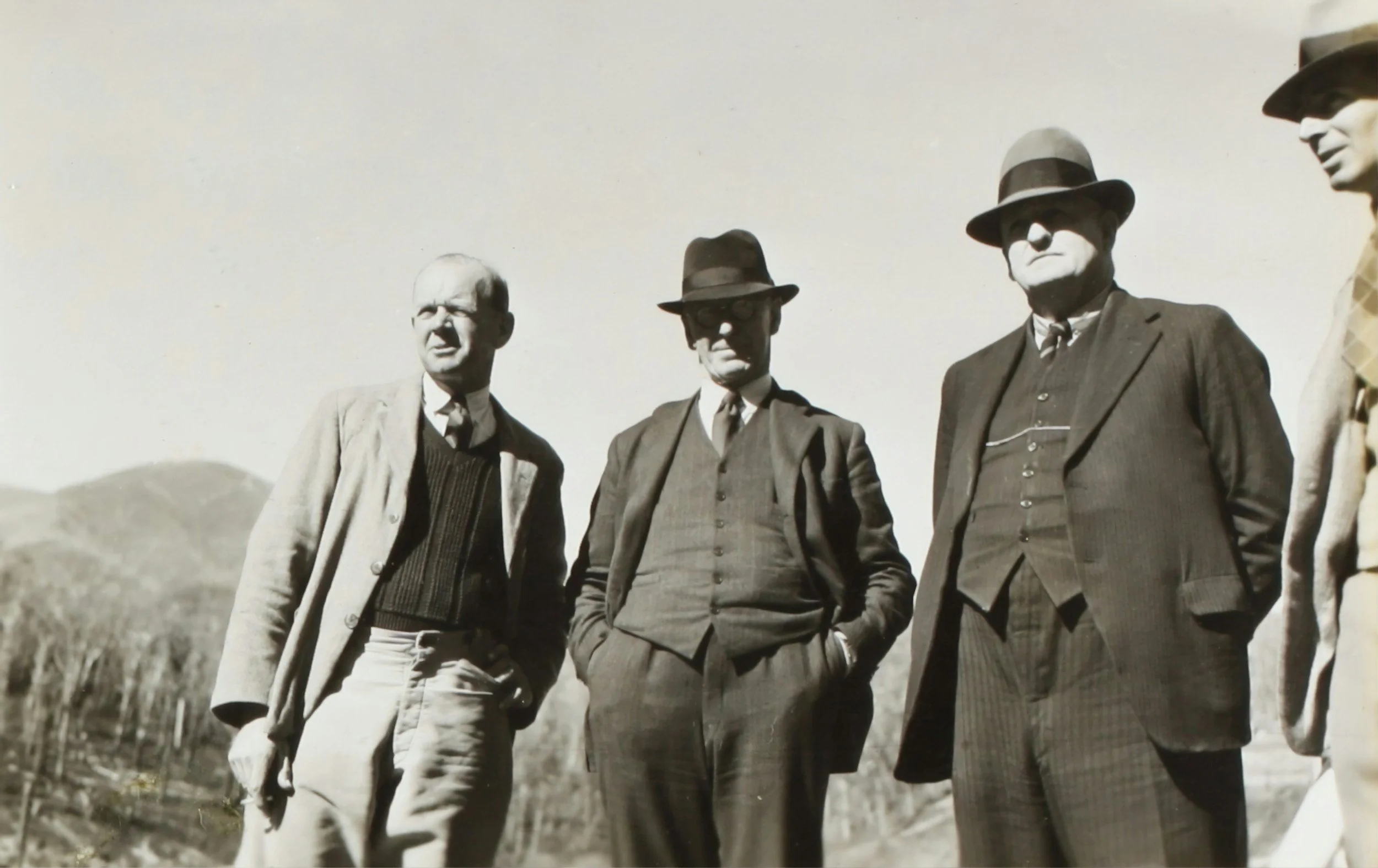Escaping the Christian Feedback Loop: Why Tolkien Isn’t Enough
When the subject of Christian literature comes up, one name dominates every discussion: J.R.R. Tolkien.
A close second is C.S. Lewis, with G.K. Chesterton often rounding out the trio.
Their stature is undeniable. They are giants, and their works continue to inspire countless readers.
But inspiration has a dark side. When it hardens into veneration, it can trap writers in a closed feedback loop.
Instead of producing bold new stories that engage the imagination of living audiences, too many new Christian writers repackage Tolkien and Lewis endlessly.
The result? A literary scene that risks becoming a nostalgic re-enactment society rather than a living creative movement.
Related: Sanderson, Tolkien, Magic, & Sacrament
Many Christian writers believe that honoring Tolkien and Lewis means mimicking their style, their tropes, or even their settings. So shelves groan under the weight of Tolkien lite fantasy or Lewis-flavored allegory.
This repetition may please small circles of diehard fans, but the harsh reality is it leaves many younger readers cold.
Why? Because those readers don’t have the same lived connection to the mid-20th century milieu that shaped the Inklings.
Lewis’ careful apologetics spoke to an age still conversant with classical learning. Tolkien’s medievalist fancies resonated with a culture that still had some memory of Christendom’s height.
But that world is gone. Younger readers today grew up in a digital wasteland dominated by nihilistic pop culture, shallow entertainment, and algorithm-driven distractions. They can’t be won by reheated Inklings pastiche.
Related: The Ring Is Not What You Think
The danger is that Christian writers turn Tolkien and Lewis into saints of literature to be endlessly invoked but never surpassed. The act of “staying true” to their legacy becomes an excuse to avoid risk. Much the same handicap besets writers on the science fiction side of the adventure genre, where George Lucas is so idolized that writers fear evern trying to surpass him.
But that is not what the greats themselves did. Tolkien didn’t try to be another Walter Scott. Lewis never pretended to be another George MacDonald. Chesterton didn’t aspire to be Newman 2.0. They built on what came before but spoke with their own voice to their own times.
A faith that rests content in backward-looking homage is a faith that calcifies. Likewise, a literary tradition that venerates the past without building new works for the present is already dead.
What, then, should Christian writers do?
Give honor without imitation. Draw strength from the greats, but resist the urge to copy their settings, themes, or idioms wholesale.
Remember: What worked in 1937 or 1950 won’t necessarily work in 2025. So engage with today’s trials. Write stories that speak directly to the atomized, screen-addled generations who have never known a world of intact families or functional institutions. Offer them light, not by rehashing Tolkien’s elves, but by addressing their personal despair and feeding their hunger for transcendence.
Christendom’s legacy remains inexhaustible. Symbols, archetypes, and metaphysical insights never go out of date. The task is to wed those truths to forms accessible to today’s readers, whether that means borrowing from video games, anime, internet folklore, or other cultural entry points.
Be daring. The Inklings became immortal because they wrote as if no one else was going to do the job. They were not afraid to stand apart from the mainstream. Christian writers today must do the same: Break free of safe imitation and risk ridicule to reach souls the gatekeepers have written off.
Admiration is natural. But Christian authors must beware of twisting admiration into a gilded cage.
Tolkien and Lewis built towering monuments that will never crumble, but their work was never meant to be the last word.
The task of the Christian writer in the 21st century is not to replicate the past, but to forge the next link in the chain. Younger generations are desperate for stories that speak truth with fire and conviction in a fragmented age. They will not be reached by endless circuits of the Shire. They need a new tradition, even if that newness grows from the same eternal root.
If Tolkien lit the lamp, it is our task to carry it into a darker age and to let its light illuminate new paths no one has walked before.
So get writing.
The deep lore of Tolkien and the gritty action of Berserk!
Brian Niemeier is a best-selling novelist, editor, and Dragon Award winner with over a decade in newpub. For direct, in-person writing and editing insights, join his Patreon.



